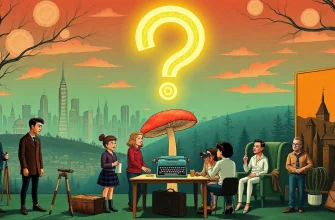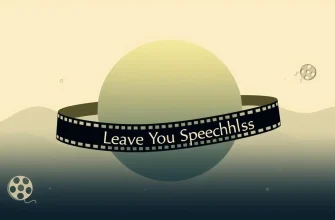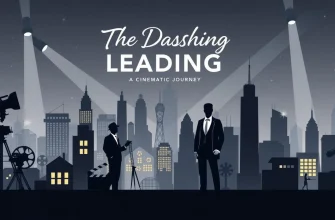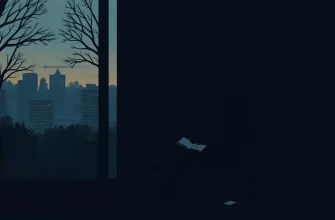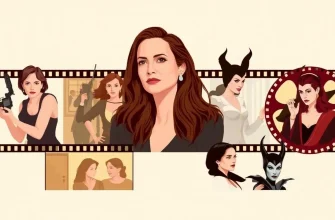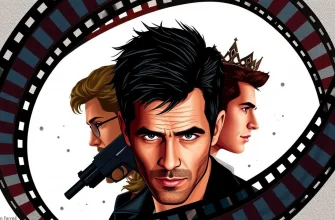Colonization has been a pivotal chapter in human history, shaping societies, cultures, and economies. These films delve into the multifaceted aspects of colonization, from the harsh realities of conquest to the resilience of the colonized. This curated list not only entertains but also educates, offering viewers a chance to reflect on the past through the lens of cinema.

The Man Who Would Be King (1975)
Description: Based on Rudyard Kipling's story, this film follows two British adventurers in colonial India who attempt to become rulers of a remote kingdom, reflecting themes of imperialism.
Fact: The film was shot in Morocco, standing in for the fictional Kafiristan, and features a notable performance by Sean Connery.
 Watch Now
Watch Now 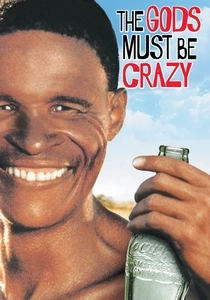
The Gods Must Be Crazy (1980)
Description: This comedy-drama explores the impact of Western civilization on a remote African tribe when a Coca-Cola bottle falls from the sky, symbolizing the intrusion of colonial influences.
Fact: The film was a surprise international hit, becoming one of the most successful South African films ever made.
 Watch Now
Watch Now 
Out of Africa (1985)
Description: This epic drama is set in colonial Kenya, exploring the life of Karen Blixen and her complex relationships with the land and its people during the colonial era.
Fact: The film won seven Academy Awards, including Best Picture, and its sweeping landscapes were captured on location in Kenya.
 Watch Now
Watch Now 
The Mission (1986)
Description: Set in the 18th century, this film portrays the efforts of Jesuit missionaries to protect a native tribe from Portuguese and Spanish colonial forces.
Fact: The film's score by Ennio Morricone won the Golden Globe and was nominated for an Oscar. It also features a memorable performance by Robert De Niro.
 Watch Now
Watch Now 
Black Robe (1991)
Description: This film follows a Jesuit priest in 17th-century Canada, exploring the cultural and religious conflicts during the French colonization of North America.
Fact: The film was shot in the harsh Canadian wilderness, providing an authentic backdrop to the story. It was also nominated for several Genie Awards.
 Watch Now
Watch Now 
The Last of the Mohicans (1992)
Description: Based on James Fenimore Cooper's novel, this film captures the French and Indian War, highlighting the impact of European colonization on Native American tribes.
Fact: The film's iconic theme music, "The Gael," was composed by Dougie MacLean and has since become a cultural phenomenon.
 Watch Now
Watch Now 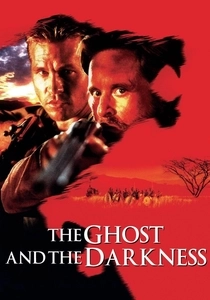
The Ghost and the Darkness (1996)
Description: While not directly about colonization, the film's setting in late 19th-century Kenya during the construction of the Uganda Railway reflects the broader context of British colonial expansion in Africa.
Fact: The film is based on true events involving man-eating lions that terrorized workers, leading to significant delays in the railway project.
 Watch Now
Watch Now 
Rabbit-Proof Fence (2002)
Description: This film tells the true story of three Aboriginal girls who escape from a government camp where they were forcibly taken as part of Australia's policy of assimilation.
Fact: The film was shot in Western Australia, following the actual path the girls took in their escape. It also features a powerful score by Peter Gabriel.
 Watch Now
Watch Now 
The New World (2005)
Description: This film explores the early days of the Jamestown settlement and the complex relationship between Captain John Smith and Pocahontas, highlighting the cultural clash and the beginning of colonization in America.
Fact: The film was shot in chronological order to capture the natural aging of the characters. It also features a score by James Horner, who was nominated for an Oscar for his work.
 Watch Now
Watch Now Avatar (2009)
Description: While set on the fictional planet Pandora, 'Avatar' addresses themes of colonization, exploitation, and resistance, mirroring historical events on Earth.
Fact: The film was the first to be released in 3D that earned over $2 billion worldwide. It also won three Academy Awards.
 Watch Now
Watch Now 


